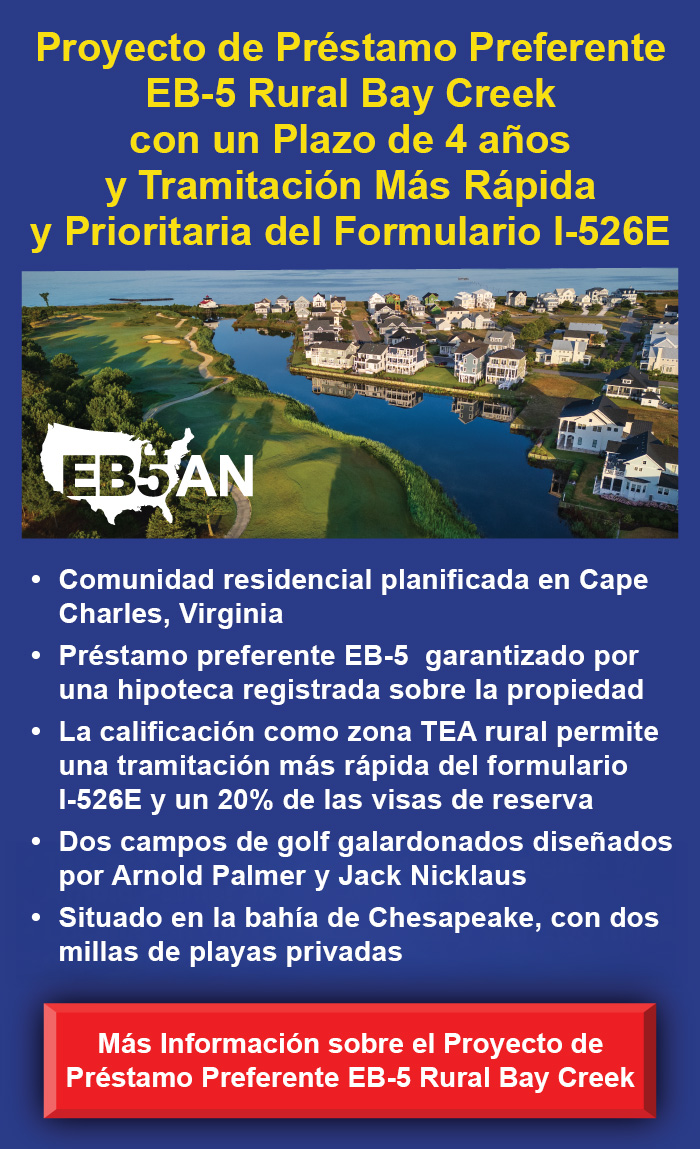January 2021 nearly marks a year since COVID-19 emerged as a pandemic, sweeping the globe without mercy, economies and livelihoods just two of its clearest casualties. This illness continues to upend life as we know it, with governing bodies still enforcing strict lockdowns and scrupulous border restrictions from Japan to the UK. Thousands of foreign nationals actively participating in EB-5 investments through the U.S. EB-5 Immigrant Investor Program were not spared. The pandemic induced shutdowns of U.S. embassies and consulates, which effectively ceased most EB-5 green card issuance.
The United States, among other countries with strong health care systems, has already begun the phased distribution of COVID-19 vaccines as of January 2021. These efforts are expected to dramatically de-escalate the ongoing effects of this health crisis and, in turn, trigger some semblance of a return to “normal.” That said, large-scale vaccination is going to take time, and its efficacy ultimately depends on variables such as reaching herd immunity status and the success of these new vaccines.
In the meantime, EB5 investment participants continue to adapt to the constant changes in their journey toward a new life in the United States. United States Citizenship and Immigration Services (USCIS) is doing what it can to accommodate them. Its latest effort has been to introduce special accommodations for EB-5 investors who have been impacted by the pandemic or its resulting restrictions. Let’s take a closer look at how USCIS is making things a tad easier for those involved in EB-5 investments.
Deadlines for Investor Response to USCIS Inquiries Have Been Extended
The shutdown and phased reopening of consulates and embassies around the world has rendered the execution of certain EB-5 investment tasks either nearly or outright impossible in many cases. Furthermore, there is no guarantee EB-5 investors won’t see new lockdowns and restrictions implemented in the future. These restrictive scenarios often mean investors are prevented from accessing necessary resources.
Fortunately, USCIS has addressed the uncertainty by reassuring EB5 investment participants with extensions on deadlines related to requests for evidence (RFEs), notices of intent to deny (NOIDs), and certain other notices from the agency. As it stands, investors who receive an RFE or NOID between March 2020 and January 2021, for instance, have been afforded an additional 60 days to respond. Be aware, however, the deadline on the notice will not reflect this special concession. Instead, investors must simply add 60 days to the due date on the received form to get their new extended deadline.
Extenuating Circumstances to Receive Individualized Consideration
Some of the unforeseen issues that arise from COVID-related problems are in no way the fault of the individual EB-5 investor. USCIS recognizes this and has stated its willingness to consider extenuating circumstances on a case-by-case basis. For example, if a foreign national who is already residing in the United States and participating in a domestic EB5 investment has been unable to extend or change their immigration status as initially planned due to the pandemic, they are allowed to present their case to the agency. USCIS even issued a statement signaling it intends to take a compassionate stance and may deem the delay as justified, given the special circumstances.
Delayed Interviews and Biometrics Appointments to Be Accommodated
In acknowledgment of the limitations presented by the temporary closures and phased reopenings of certain official offices, USCIS has offered rescheduling accommodations to better serve EB-5 investors and their eligible family members who may have missed interviews and biometric appointments. We anticipate the flexibility in necessary rescheduling will continue for however long it takes to finally lay this viral crisis to rest.
While USCIS stresses the importance of doing everything possible to keep scheduled appointments, it does recognize the pandemic may present insurmountable obstacles to some. For instance, should an EB-5 investor show signs or symptoms of COVID-19, they will likely be denied entry into USCIS facilities. Even before showing up, the organization strongly encourages rescheduling at any sign of illness that presents similarly to the coronavirus. There will be no penalty for doing so.


